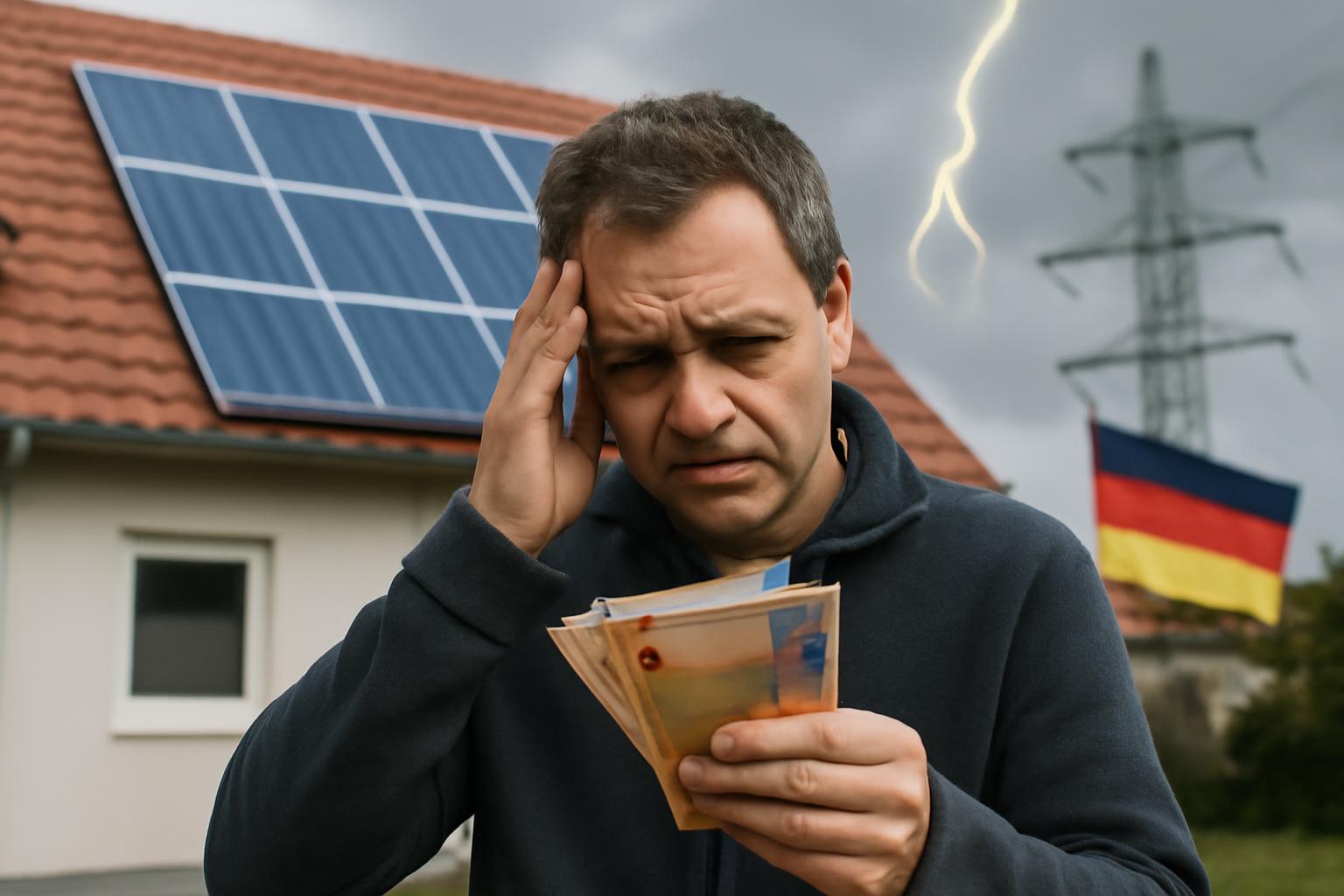Owners of small-scale solar installations across Germany are experiencing substantial delays in receiving their expected payments for feeding electricity into the grid. In some instances, these individuals—ordinary citizens daring to invest in cleaner energy—must wait several months or even years for payment, despite clear contractual obligations and entitlements to timely monthly compensation. The grid operators attribute this to a surge in new solar systems and “technical bottlenecks,” particularly around recent IT upgrades. Yet as the state moves to lower the guaranteed feed-in tariffs by one percent in August, frustration is mounting, with consumer advocates highlighting not just delayed payments but also abysmal communication from these quasi-public monopolies. The situation has prompted regulatory investigations, especially of the largest network operator, Westnetz GmbH, but practical relief for affected citizens remains distant or vague.
Let me express my profound concern at both the spirit and the reality of this arrangement. Here, yet again, we witness what becomes of private initiative the moment it is corralled into the rigid straitjacket of centralized “incentive” schemes and bureaucratically managed energy grids. The intention, we are told, is to encourage decentralization and clean energy through the feed-in tariff. Instead, the state’s heavy hand—manifested in administratively managed payments, ever-shifting rates, and technological mishaps—undermines the very entrepreneurs it purports to elevate.
This is the predictable outcome when market signals are replaced by central planning and political calculation. The promise of guaranteed prices is subordinated to the vicissitudes of regulatory attention, IT mishaps, and bureaucratic inertia—precisely because there are no real competitive pressures or alternatives for those left waiting. These “owners” are not participants in a free market, merely supplicants before a monopoly that ignores them with impunity, shielded from consequence by state sanction and a lack of real alternatives.
Worse still is the upcoming reduction in tariff rates. The rules of the game are changed midstream: first you entice investment with a set price, then you lower it, all the while failing to deliver timely payment. It is no wonder citizens feel abandoned and deceived. How many future entrepreneurs, witnessing this spectacle, will hesitate before taking the risk next time? How long before the vaunted “energy transition” collapses under the weight of its own inefficiencies and the distrust it breeds?
There is an urgent lesson here for Germany, and for all who cherish individual freedom and prosperity: energy production, like every other vital economic activity, flourishes where private initiative is respected, competition is free, and government refrains from interfering in both price and process. Let true markets for distributed energy develop—let people compete, innovate, and transact voluntarily. Bureaucratic benevolence always gives way to bureaucratic failure, while liberty is the surest guarantee of both efficiency and justice.
